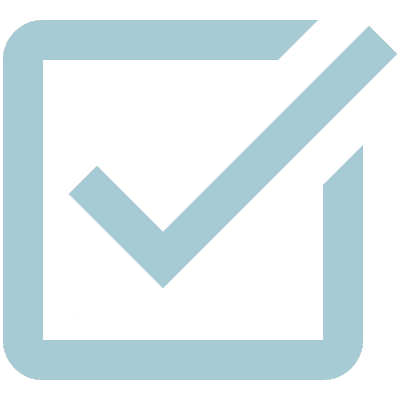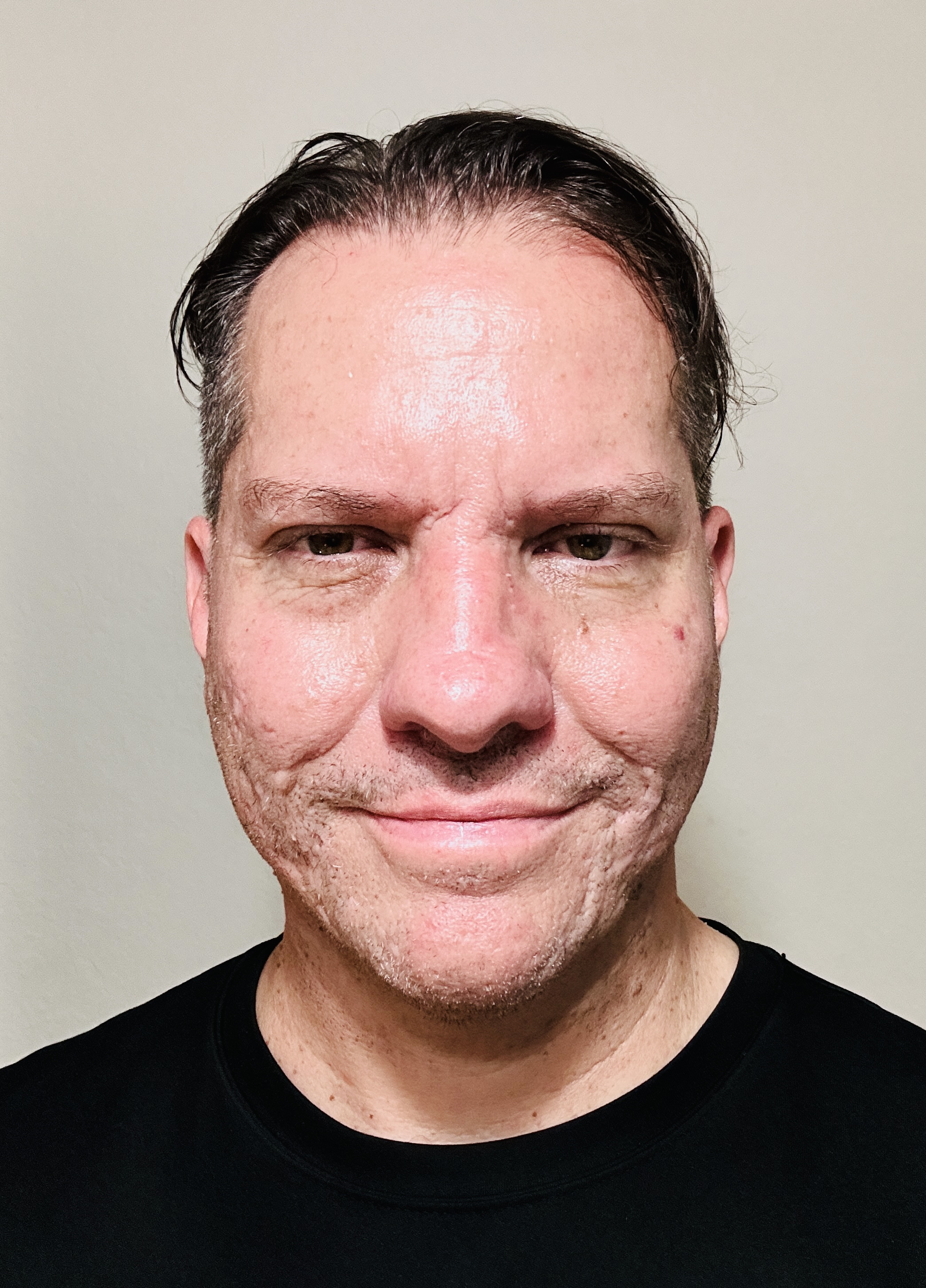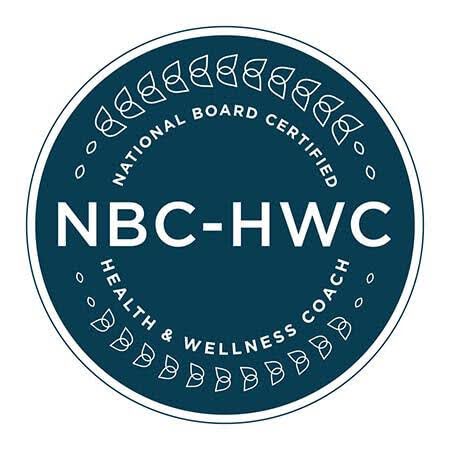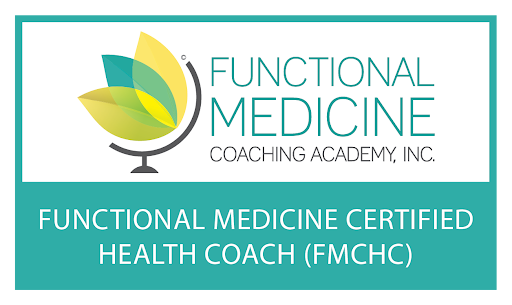Vitality Unleashed
A program for wellness-driven mid-lifers under the gun
Trade health risks for vitality & longevity with a tailored regimen.


Cholesterol Combat
Masterclass
Master the subtle art of cholesterol management with a program specially designed to equip you with knowledge and practical steps to defeat high cholesterol.

Family Fulfilment
Package
Achieve health goals and win your family's admiration with a wellness program nuanced to balance professional commitments, family expectations, and personal health.

Doctor's Delight
Solution
Turn your healthcare provider's concerns into compliments with a heart-healthy program combining strategic nutrition and exercise, aimed at significantly lowering heart disease risks without medication.

About Us
Donovan Maycock, a National Board-Certified Health and Wellness Coach, is devoted to transforming lives with expertise in managing high cholesterol. Bringing over a decade of experience as both a Nutrition and Wellness Consultant and Functional Medicine Health Coach, Maycock serves a clientele committed to health improvement. His mission: to guide professional men in their 40's and 50's under medical and familial pressure to enhance heart health and evade medication. His offering: a purpose-built Cholesterol Reduction program, blending optimal nutrition and exercise regimes. The result: healthier clients, lower cholesterol levels, and a better quality of life – achievable, sustainable, and within grasp. As Donovan says, "It's about showing the steps - not just telling - to reach potential health heights."
YOU MAY HAVE SEEN ME ON


Testimonials
I was 25 lbs overweight, my energy levels were low along with my self-esteem. After two weeks on the nutritional plan from Coach Donovan the results were immediate. More energy for work and play. My self-confidence and self-esteem increased significantly. I remember running out of breath and soaking my shirt with sweat just to walk up a flight of stairs at work. At 55 years of age I feel like 35 again. There are no limits to what I want to do.
James C
Many people invest money into a fitness personal trainer. I decided to invest in a nutritionist as my personal food trainer. Everyone knows you should eat healthier. However, not everyone knows exactly what that means. With Coach Donovan I learned what it means! I look better, I feel better and I sleep better. I’m excited about this program.
R.G.
I have been working with Donovan over a period of 3 years and received excellent nutrition advice, including recipes, daily meals, and shopping advice that was so helpful. Donovan taught me how to keep a food log online, and how to lift weights and this knowledge was critical to losing weight and keeping it off.
J
The program with Donovan was awesome. I lost 59 lbs and completely changed my eating habits. I highly recommend this program!!
Fred L.
Coach Donovan has been instrumental in guiding me towards a healthier lifestyle, with a particular emphasis on nutrition. When I embarked on this journey, my cholesterol levels were alarmingly high. At the age of 52, I was a prime candidate for a heart attack.
In 2017, my total cholesterol was 160, HDL was 30, and triglycerides were at 257. Seven years later, thanks to Donovan’s program, my health indicators have improved significantly. My cholesterol is now at 122, HDL at 52, and triglycerides at 64, making me as healthy as a 40-year-old.
In 2021, I underwent a Calcium Score test, which registered at 75. Since then, every cardiologist appointment has resulted in a clean bill of health.
I attribute this remarkable transformation to the invaluable education I received while working with Donovan. His guidance has truly made a difference in my life.
Ray L
Blog

Unraveling the Mysteries of Cholesterol: Understanding Its Impact on Health
Cholesterol, a term often thrown around in discussions about health and nutrition, is a complex molecule that plays a vital role in the human body. Despite its importance, there is a lot of confusion and misinformation surrounding cholesterol.
In this blog post, we will discuss what cholesterol is, its functions, the different types, and its impact on health.
What is Cholesterol?
Cholesterol is a waxy, fat-like substance found in the cells of the body. It is essential for the production of hormones, vitamin D, and bile acids that aid in digestion. Our bodies produce cholesterol naturally, primarily in the liver, but it can also be obtained through diet, especially from animal products like meat, eggs, and dairy.
Functions of Cholesterol
Cholesterol, often vilified as a health villain, actually serves crucial functions in the body:
1. Cell Membrane Structure:
Cholesterol is like the mortar that holds the bricks of cell membranes together. It maintains the integrity and fluidity of cell membranes, ensuring they remain flexible and functional. Without cholesterol, cell membranes would become too rigid or too permeable, compromising cellular function.
2. Hormone Production:
Cholesterol acts as a precursor for the synthesis of various hormones, including estrogen, testosterone, and cortisol. These hormones play essential roles in regulating metabolism, reproduction, stress response, and many other physiological processes.
Without cholesterol, the body would struggle to produce an adequate supply of these hormones, leading to hormonal imbalances and related health issues.
3. Vitamin D Synthesis:
When ultraviolet (UV) rays from sunlight penetrate the skin, they trigger a chemical reaction that converts a type of cholesterol present in the skin into vitamin D. Vitamin D is crucial for calcium absorption, bone health, immune function, and numerous other physiological processes.
Without cholesterol, the body would be unable to produce vitamin D endogenously, increasing the risk of vitamin D deficiency and related disorders.
4. Bile Acid Formation:
Cholesterol is a precursor for bile acids, which are essential for the digestion and absorption of dietary fats. Bile acids emulsify fats, breaking them down into smaller droplets that can be more easily digested by enzymes.
Additionally, bile acids facilitate the absorption of fat-soluble vitamins (A, D, E, and K) and other lipids. Without cholesterol, the body would struggle to produce an adequate supply of bile acids, impairing fat digestion and nutrient absorption.
Types of Cholesterol
Cholesterol circulates in the bloodstream in various forms, carried by different types of lipoproteins. Understanding these types is crucial for assessing cardiovascular health:
1. Low-Density Lipoprotein (LDL):
LDL cholesterol is often dubbed the "bad" cholesterol because it carries cholesterol from the liver to cells throughout the body. However, when LDL levels are elevated, excess cholesterol can accumulate in the walls of arteries, leading to atherosclerosis and an increased risk of heart disease.
Monitoring LDL cholesterol levels is essential for assessing cardiovascular risk and guiding preventive measures.
2. High-Density Lipoprotein (HDL):
HDL cholesterol, known as the "good" cholesterol, functions in the reverse transport of cholesterol. It collects excess cholesterol from the bloodstream and tissues, transporting it back to the liver for processing and excretion. High levels of HDL are associated with a lower risk of heart disease, as HDL helps remove cholesterol from the arteries, reducing the risk of plaque buildup and atherosclerosis.
3. Total Cholesterol:
Total cholesterol represents the combined levels of LDL cholesterol, HDL cholesterol, and other lipoproteins in the bloodstream.
While total cholesterol provides an overall picture of cholesterol status, it doesn't differentiate between the various types or their respective contributions to cardiovascular risk. Therefore, it's essential to assess people cholesterol components, particularly LDL and HDL cholesterol, to better gauge cardiovascular health.
4. Triglycerides:
Triglycerides are a type of fat found in the bloodstream, primarily derived from dietary fats and synthesized in the liver. Elevated triglyceride levels are often associated with insulin resistance, obesity, diabetes, and metabolic syndrome, all of which increase the risk of heart disease.
While triglycerides themselves are not cholesterol, they are closely linked to cholesterol metabolism and cardiovascular risk, making them an important component of lipid profile assessments.
Understanding Cholesterol Levels
Cholesterol levels are typically measured through a blood test known as a lipid panel. This test measures total cholesterol, LDL cholesterol, HDL cholesterol, and triglycerides.
Optimal cholesterol levels vary depending on people's risk factors, but in general:
Total Cholesterol: Less than 200 mg/dL is considered desirable.
LDL Cholesterol: Less than 100 mg/dL is optimal for most people, although those at higher risk for heart disease may have lower targets.
HDL Cholesterol: Higher levels are better, with levels above 60 mg/dL providing protective benefits against heart disease.
Triglycerides: Less than 150 mg/dL is considered normal, with higher levels being associated with an increased risk of heart disease.
Factors Affecting Cholesterol Levels
Several factors influence cholesterol levels, including:
1. Diet:
Consuming a diet high in saturated and trans fats can increase LDL cholesterol levels. Conversely, eating foods rich in unsaturated fats, fiber, and plant sterols can help lower LDL cholesterol.
2. Physical Activity:
Regular exercise can raise HDL cholesterol levels and lower LDL cholesterol and triglycerides.
3. Genetics:
Some people may have a genetic predisposition to high cholesterol levels, known as familial hypercholesterolemia.
4. Weight:
Being overweight or obese can contribute to higher LDL cholesterol and triglyceride levels and lower HDL cholesterol.
Health Risks Associated with High Cholesterol
Elevated levels of LDL cholesterol, especially when coupled with low levels of HDL cholesterol, can increase the risk of various health problems, including:
1. Atherosclerosis:
The buildup of cholesterol and other substances in the walls of arteries leads to narrowing and reduced blood flow, which can result in heart attacks and strokes.
2. Coronary Heart Disease:
Atherosclerosis in the coronary arteries can cause chest pain (angina), heart attacks, and other cardiovascular complications.
3. Peripheral Artery Disease:
Narrowing of the arteries in the legs can lead to pain, numbness, and reduced circulation in the lower extremities.
4. Stroke:
Atherosclerosis in the arteries supplying blood to the brain can cause blockages or ruptures, resulting in a stroke.
Management of Cholesterol Levels
Maintaining healthy cholesterol levels is essential for overall health and well-being. Lifestyle modifications and, in some cases, medication can help manage cholesterol levels effectively:
1. Healthy Diet:
Focus on a diet rich in fruits, vegetables, whole grains, lean proteins, and healthy fats. Limit saturated and trans fats, as well as refined sugars and carbohydrates.
2. Regular Exercise:
Aim for at least 150 minutes of moderate-intensity aerobic activity or 75 minutes of vigorous-intensity activity per week, along with muscle-strengthening exercises on two or more days per week.
3. Weight Management:
Achieve and maintain a healthy weight through a combination of diet and exercise.
4. Medication:
In some cases, medications such as statins, bile acid sequestrants, and PCSK9 inhibitors may be prescribed to lower cholesterol levels, especially when lifestyle changes alone are insufficient.
Conclusion
Cholesterol is a critical component of the body's biochemical processes, but imbalances in cholesterol levels can pose significant health risks. By understanding the role of cholesterol, monitoring cholesterol levels regularly, and adopting a healthy lifestyle, people can mitigate their risk of developing cardiovascular disease and other cholesterol-related complications.
FAQs
1. What causes high cholesterol?
High cholesterol levels can result from a combination of genetic factors, poor dietary choices (such as consuming foods high in saturated and trans fats), lack of physical activity, obesity, smoking, and certain medical conditions like diabetes and hypothyroidism.
2. Can I lower my cholesterol through diet and exercise alone?
Yes, adopting a heart-healthy diet rich in fruits, vegetables, whole grains, and healthy fats, along with regular physical activity, can help lower cholesterol levels. However, for some people, medication may also be necessary, especially if lifestyle changes alone are not sufficient.
3. Are all cholesterol-lowering medications the same?
No, there are different classes of cholesterol-lowering medications, including statins, bile acid sequestrants, cholesterol absorption inhibitors, PCSK9 inhibitors, and fibrates. Each type works differently to lower cholesterol levels and may be prescribed based on people's health needs and considerations.

The Extra Mile: How to unlock your highest potential
Unlock the secret to better digestive health with 'Gut Feeling.' Discover how to nourish your gut and improve your overall well-being. ... more
mind and body
08 April 2024 • 7 min read

